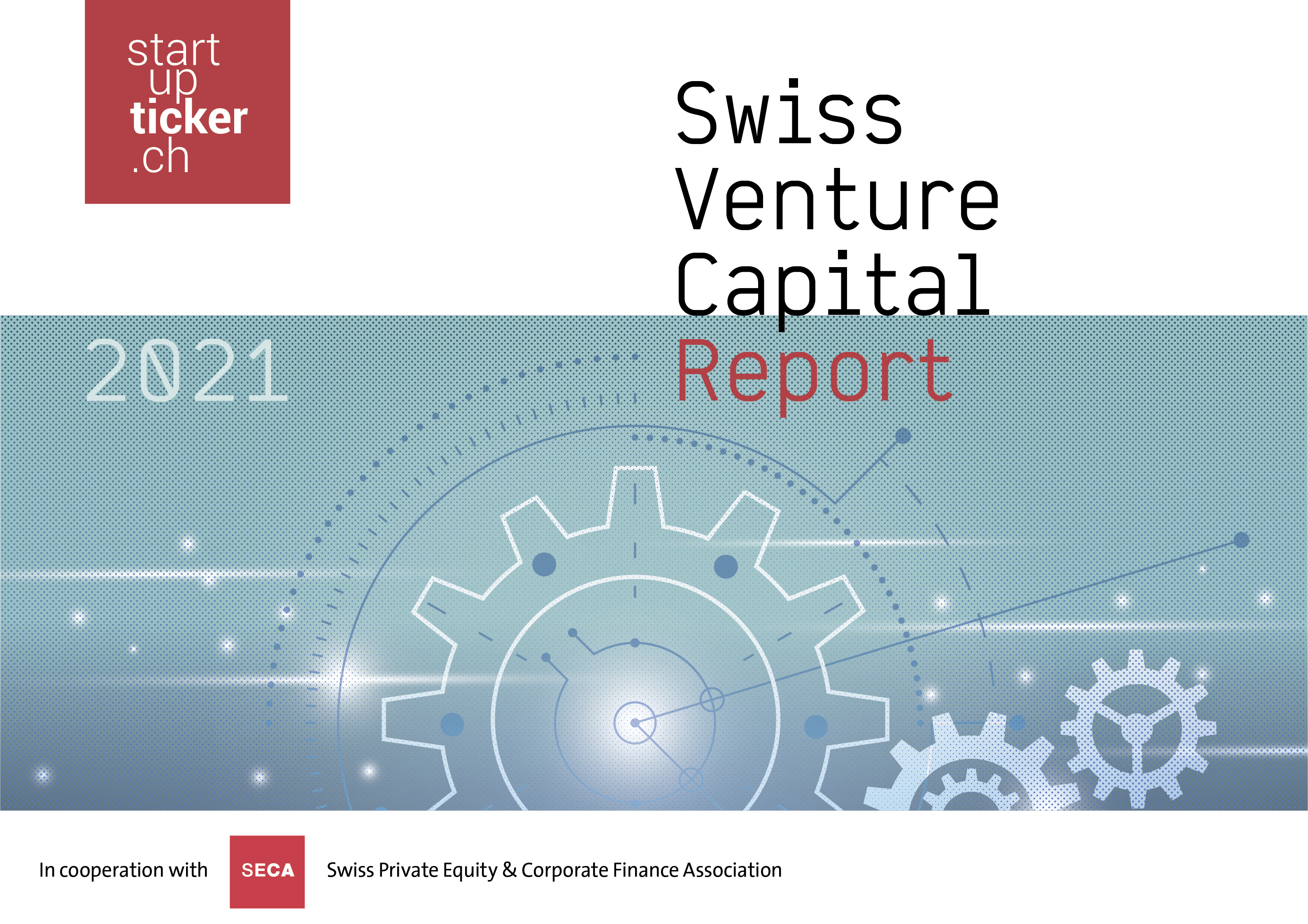
The Deep Tech Index 2025 illustrates Switzerland’s strong position in the deep tech sector. Only six significantly larger countries have more deep tech startups than Switzerland. Key driver behind this are its strong educational institutions as well as its competitive legal and tax framework.
The Deep Tech Index 2025 is an analysis of the top 500 deep tech startups, published by the pan-European policy think-tank “The European Centre for Entrepreneurship and Policy Reform” (ECEPR) in cooperation with the private equity investor “Nordic capital”. The report gives an insight into the global distribution of the top 500 deep tech startups, offers a detailed breakdown of key deep tech sectors, and identifies factors that encourage the founding of deep tech startups.
Swift shift to a multipolar distribution
In 2024, the USA remained home to by far the largest share of deep tech startups, accounting for 62%. Europe and Asia followed with shares of 18.6% and 11.4% respectively. However, the gap has narrowed significantly compared to the previous year, with Europe’s share increasing by 5% and Asia’s by 0.4%, while North America's share declined by 5%. According to the report, Europe's gain is largely attributable to strong growth in deep tech startups in Luxembourg, Switzerland, Norway, and Spain.
Switzerland: Small but mighty
The top 500 deep tech startups are distributed across thirty countries. On the second place after the USA lies the United Kingdom with a share of 6.6%, densely followed by Canada with 5.6%. India, the only non-Western country in the top seven, secured fourth place. Switzerland ranks seventh with nearly 2%, just behind Germany and the Netherlands in fifth and sixth places respectively. This is a particularly impressive performance by Switzerland, which is by far the smallest country in the top group. Behind Switzerland on the eighth, nineth and tenth place are France, Israel and Singapore.
In the per-capita ranking, Switzerland got the third place. With 1.56 deep tech startups per million adults, it ranks above most tech-driven countries like the USA (4th), Israel (5th), the Netherlands (8th), the UK (9th) and Sweden (11th). On the first rank is Luxembourg with 2.17 deep tech startups per million adults, followed by Singapore with 1.64.
Sectoral distribution
In the sectoral ranking, Switzerland appears in only three of the ten identified deep tech sectors. It lies on the 13th place in Photonic & Electronic, the 4th place in Robotic & Communication and 3rd place in Quantum & Computing. Strangely, it did not make it on the Biotechnology or Pharmaceutical ranking. This stands in stark contrast to the results of the Swiss Venture Capital Report, which finds that Biotechnology is one of the strongest sectors in Switzerland.
Switzerland’s strong educational framework
The report conducted several numerical analyses to determine favourable factors for the growth of deep tech startups. It is questionable how significant these results are as for most of them the number of observations is small while their variance is high. However, anecdotal evidence tends to support the factors this report finds.
One major factor is found in the resources a country allocates to education. The analysis by the report shows that countries that have a higher score in the international PISA-results tend to have a higher concentration of deep tech companies. Also, those countries which have a higher concentration of top universities in engineering and technology also tend to have more deep tech companies per capita.
This is promising for Switzerland, which boasts a strong educational framework. In the QS University Rankings Europe, the country’s universities and technical institutes, such as ETH Zurich or EPF Lausanne, consistently rank among the best globally. Also, the latest PISA-results put Swiss pupils on the tenth place worldwide.
Switzerland’s legal and tax advantages
A second factor is found in tax policy and property rights. The report finds that countries with strong private property protection tend to have a higher concentration of deep tech startups. Additionally, countries with lower taxes on profits and investments tend to have a higher concentration of deep tech companies per million adults.
This supports Switzerland’s strong position. Along its strong legal framework protecting private and intellectual property rights, Switzerland’s tax competitiveness makes it an attractive place for deep tech startups. According to the International Tax Competitiveness Index (ITCI), Switzerland is one of the most competitive countries in Europe in respect to its taxation, ranking 10th in the corporate tax ranking and 1st in the cross-border tax rules ranking.
(Benjamin Klavins)
Picture: Jensen Art Co / Pixabay


 The new Swiss Venture Capital Report was published on 26 January. It analyses 304 financing rounds closed in 2020 and includes further article such as an interview with Michael Hengartner, President of the ETH Board, and a list of Swiss "soonicorns".
The new Swiss Venture Capital Report was published on 26 January. It analyses 304 financing rounds closed in 2020 and includes further article such as an interview with Michael Hengartner, President of the ETH Board, and a list of Swiss "soonicorns". 




















































Please login or sign up to comment.
Commenting guidelines